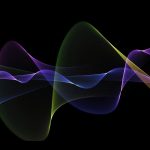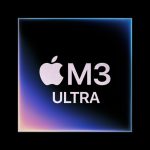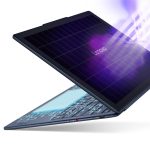
Apple Watch is stepping up its game in the health tech arena with a groundbreaking FDA approval. The new sleep apnea detector, now available on the Apple Watch Series 9, Series 10, and Ultra 2, could be a game-changer for millions.
This feature will allow the monitoring of breathing disruptions during sleep, providing an accessible and potentially life-saving tool for the many who remain undiagnosed.
Apple applied for authorization on April 4, 2024, under the name “Sleep Apnea Notification Feature (SANF)” which the FDA approved on September 13, listed as “Over-the-counter device to assess risk of sleep apnea” through a 510(k) Premarket Notification.
As a part of the recent watchOS 11 update, the feature is accessible now in over 150 countries. Users can view their breathing data in the Health app, classified as either “elevated” or “not elevated.” Apple also offers educational resources within the app to help users interpret their results and proceed with further medical assistance from professionals if needed.
“We are so excited about the incredible impact this feature can make for the millions of people living with undiagnosed sleep apnea,” Dr. Sumbul Desai, vice president of health at Apple, said in the feature’s launch video.
Sleep apnea is a condition characterized by repeated interruptions in breathing during sleep, affecting over 30 million people in the United States alone. However, only about 6 million are diagnosed, according to the American Medical Association.
The new feature aims to bridge this gap by providing a more convenient and less costly alternative to traditional sleep studies, which are often expensive and not covered by insurance.
Unlike traditional sleep studies, which require overnight monitoring in a clinical setting, the Apple Watch feature offers a more user-friendly approach. The device uses its accelerometer to detect small wrist movements linked to breathing disturbances. The data is then analyzed over a 30-day period to identify consistent signs of moderate to severe sleep apnea. Users receive notifications if the device detects potential issues, prompting them to consult a healthcare provider.
The company claims that the notification algorithm was developed using an extensive dataset of clinical-grade sleep apnea tests and validated through clinical studies.
Although the device can alert users to potential sleep apnea, it is not clinically certified to diagnose it. Users must seek a formal diagnosis from a healthcare provider, as untreated sleep apnea can lead to serious health issues, including heart problems, hypertension, and Type 2 diabetes.
Traditional sleep studies offer a more comprehensive analysis, including brain activity and oxygen levels, which the Apple Watch cannot measure. But the convenience and accessibility of the Apple Watch still make it a valuable tool for preliminary screening.
Earlier this year, Samsung’s Galaxy Watch also received authorization for its sleep apnea detection feature. These developments indicate a growing trend in the wearable tech industry to incorporate and make health monitoring features more accessible to everyone.



















